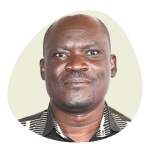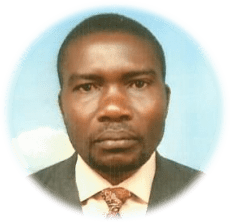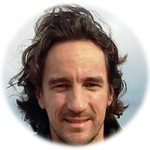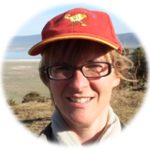THE 3RD GREAT AFRICAN RIFT COLLOQUIUM
The colloquium is open to all researchers, students
and staff who wish to address issues related to the Great Rift in an interdisciplinary approach. Hosted by Maasai Mara University. Date: 13th to 17th , May 2024
Call for Abstracts
The GDR Rift is pleased to propose its 3rd Colloquium to be held in the East African Rift itself, in Narok, Kenya, from the 13th to the 17th of May 2024, hosted by the Maasai Mara University. The colloquium is open to all researchers, students and staff who wish to address issues related to the Great Rift in an interdisciplinary approach. The symposium will focus on four main themes, but any other theme will be considered if relevant. For each theme, topics from the natural and social sciences are welcome.
I. Main scientific thematics
1. Cultural heritage, human and wildlife evolution as a contributor to biodiversity conservation in the Rift
The Rift is arguably a paleontological and archeological epicenter. There exists a strong cultural integration of humans within wildlife ecosystems and biodiversity in the Rift that worth understanding, replicating and expanding. The adaptability of indigenous communities in a dynamic Rift has already been noted, from prehistory to the present day. What innovative approaches exist to conserve biodiversity in the Rift ? In particular, what can we learn from the anthropology and biodiversity conservation nexus with a focus on environmental anthropology, osteological and archaeobotanical trends in the Rift? These sessions host study cases that describe repertories of adaptation, from environmental constraints to political, colonial ones, and how human activities shape the environment.
2. Modeling and AI trends towards conservation of the Rift
The session will report technological advances as an essential transverse tool to further understand and mitigate the challenges in the Rift. This includes new methods of exploring the interior and surface of the Rift, i-e mathematical as well as computer programs employed in studying the Rift. Artificial intelligence (AI) has seen immense development over the past few years in several disciplines (geophysics, paleontology, archeology) and we would be excited to see its contextualization in forthcoming challenges of the Rift.
3. Energy and resources paradigm in the Rift
The Rift present vast supplies of geothermal, solar, wind, hydro and biomass energy. How can we balance clean energy extraction with other resources and humanity in the wake of climate change? What new technologies will be at play which are affordable, accessible, efficient, easy to use and climate-friendly? From production to consumption, energies and more generally natural resources are the subject of a large spectrum of studies, applied or not, and certainly deserve an interdisciplinary approach.
4. Emerging challenges in human and other animal health in the Rift
Climate change has fueled outbreaks and transmission of various human and other animal diseases in the Rift, such as cholera, yellow fever and Rift Valley fever. What lessons have been learnt from covid-19 that are worth implementing in the Rift for zoonotic and viral diseases to humans and other animals? Studies of these current threats can be compared to studies of the past, concerning both zoonose and the original condition, namely domestication.
II- Workshop training areas.
In addition to the thematic sessions, oral presentations and posters that form the
core of the colloquium, other sessions will be organised for the exchange of ideas
and scientific collaboration:
– Pedagogical/teaching sessions on specific methods and technologies.
– Networking in an interdisciplinary approach.
– Developing research proposals and managing grants.
III- Field visits.
The first three days of the symposium will be devoted to scientific presentations.
The following two days will be devoted to two site visits, giving participants the
opportunity to discover different places that could be the subject of
multidisciplinary research: remarkable rift geography and human and animal
occupation of a territory.
IV- Application
Please complete the application form below (or download it from the GDR Rift
website) and send it to: rift.colloquium2024@gmail.com
You will receive a confirmation email as soon as your application has been
submitted.
Submission: until January, 12th.
Selection of proposals: January, 26th.
V- Funding
This colloquium is free of charge, but registration is mandatory. The field trips will be financed by the GDR Rift in collaboration with the Maasai Mara University. Flights and accommodation are to be financed by each participant. However, in line with our policy of encouraging scientific collaboration, we will provide funding for a number of participants. Priority will be given to students and young researchers from the Rift countries.
Scientific committee :

Prof. Justus Simiyu
Maasai Mara University

Prof. Romulus Abila
Maasai Mara University

Dr. Aloys Osano
Maasai Mara University

Dr. Jean-Baptiste Eczet
EHESS

Prof. Olga Otero
Université de Poitiers

Dr Antoine Souron
Université de Bordeaux

Dr. Christel Tiberi
CNRS
Visa Info for International participants:
KENYA HEALTHCARE FEDERATION CONTACT, NAROK: 0700 320773
MOH HOTLINE NUMBERS: 0800 721 316; 0732 353 535; or 0729 471 414
Kenya Ministry of Health: Twitter: @MOH Kenya, Facebook: Ministry of Health KE, website: http://www.health.go.ke
